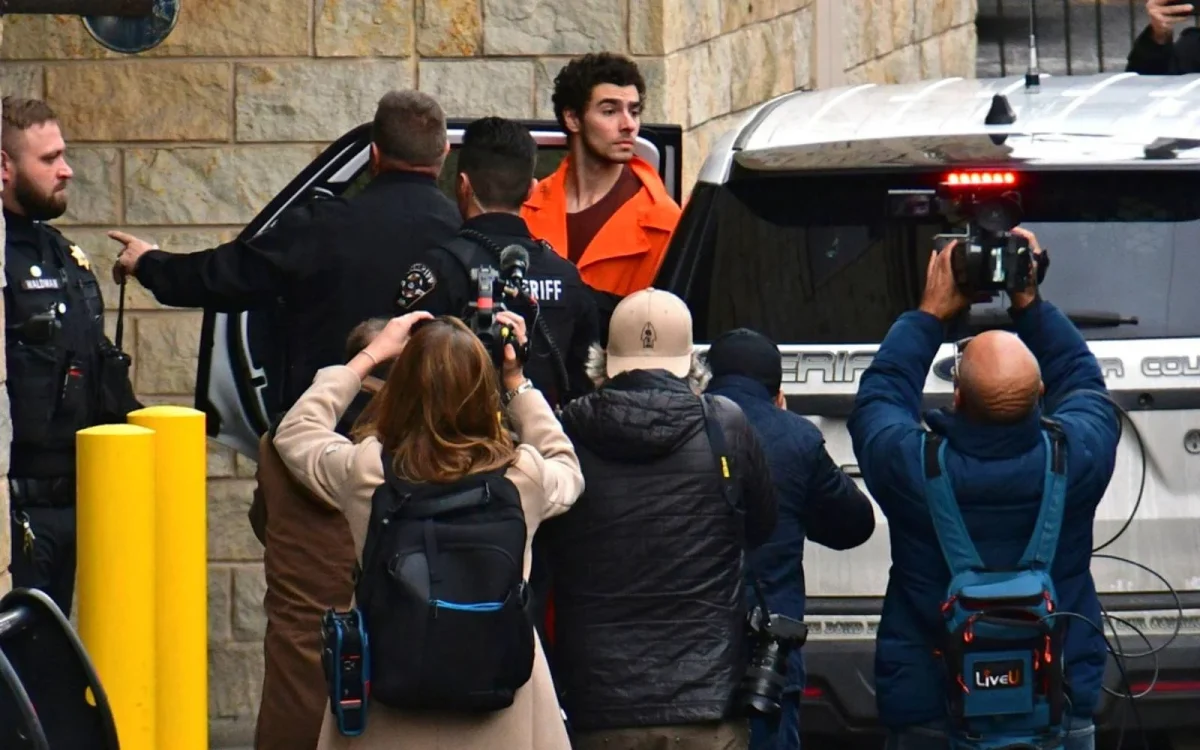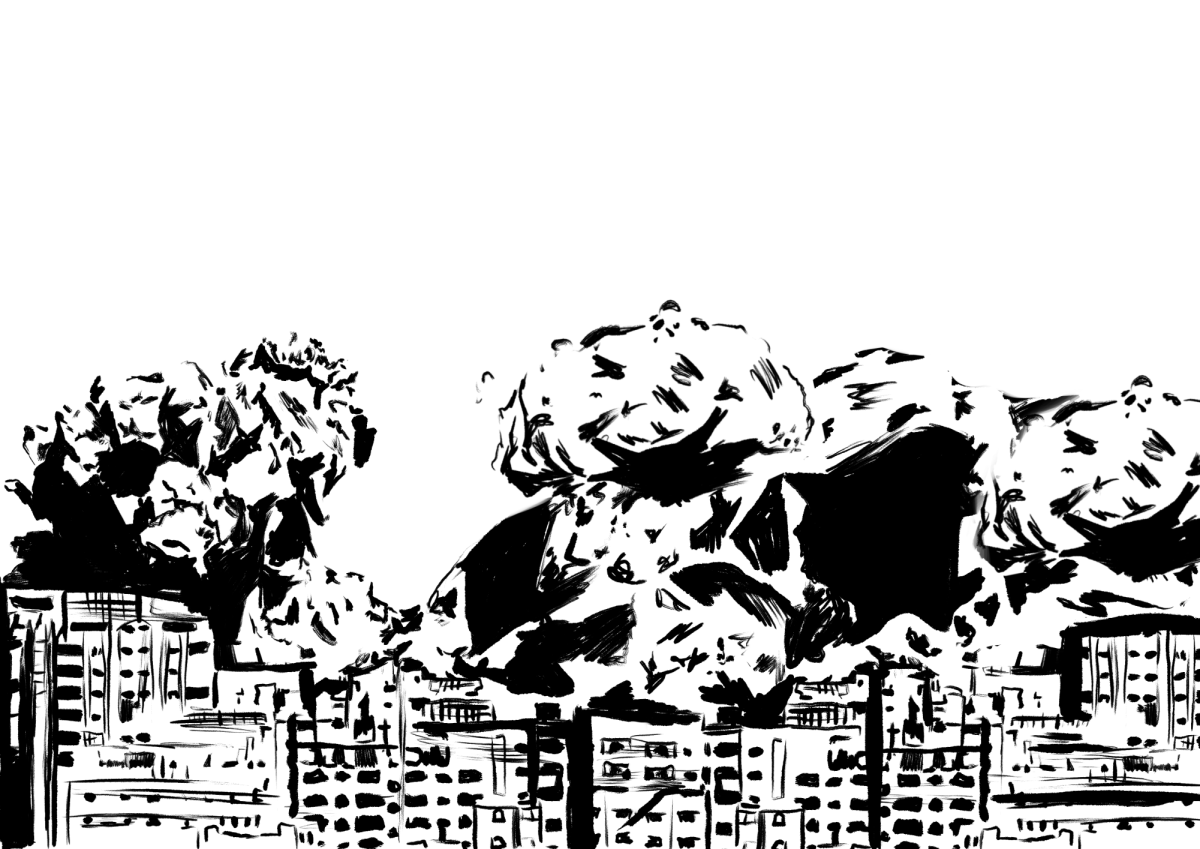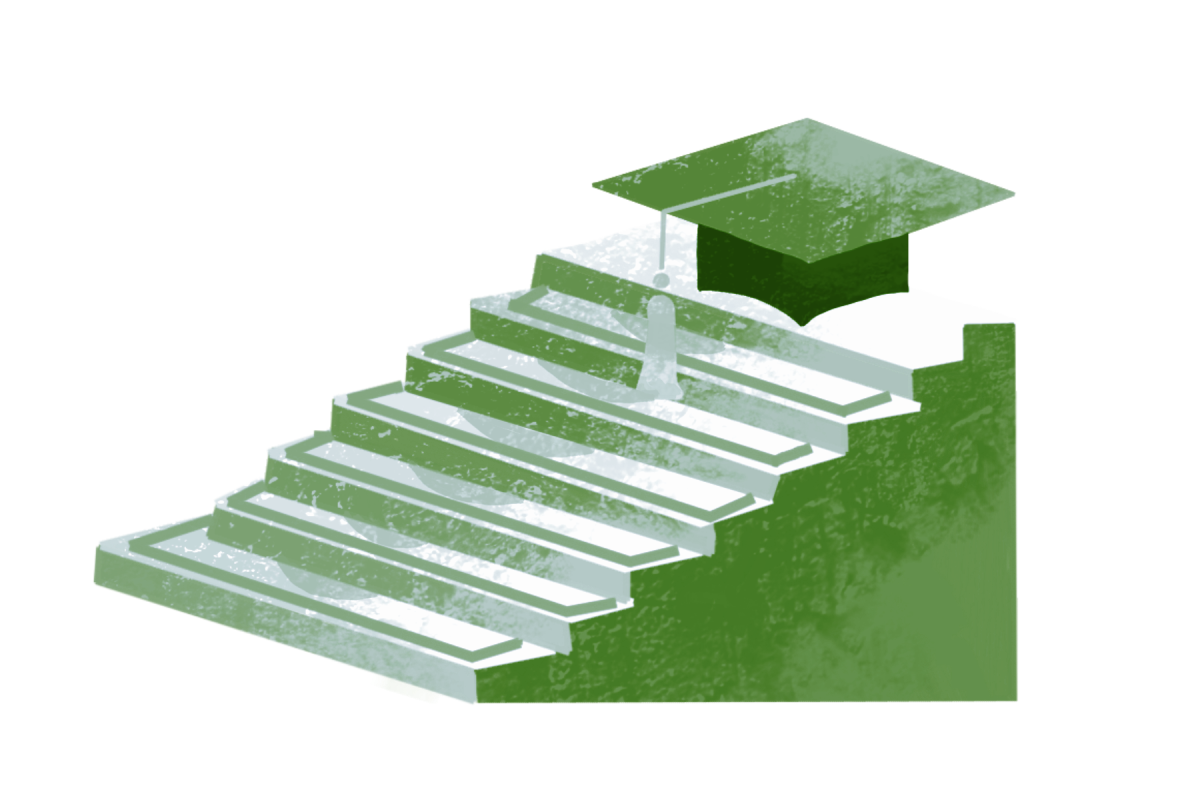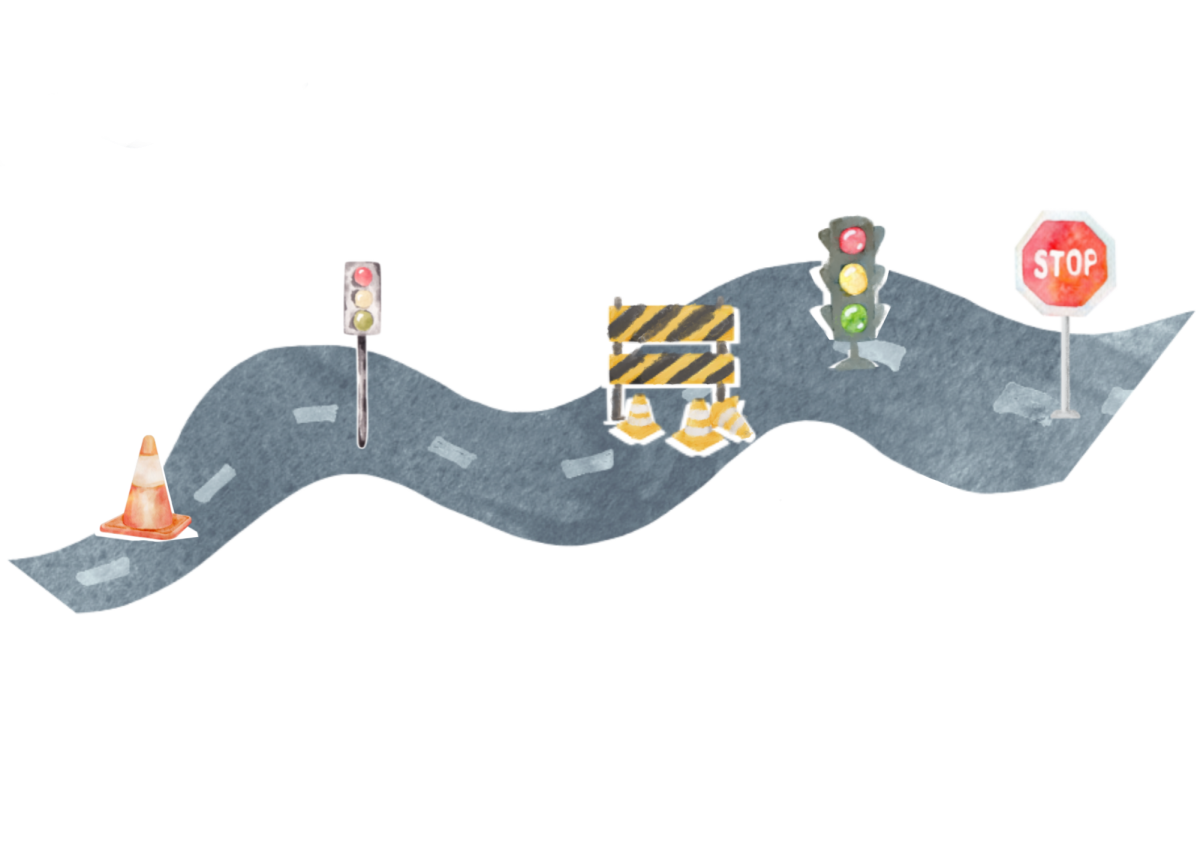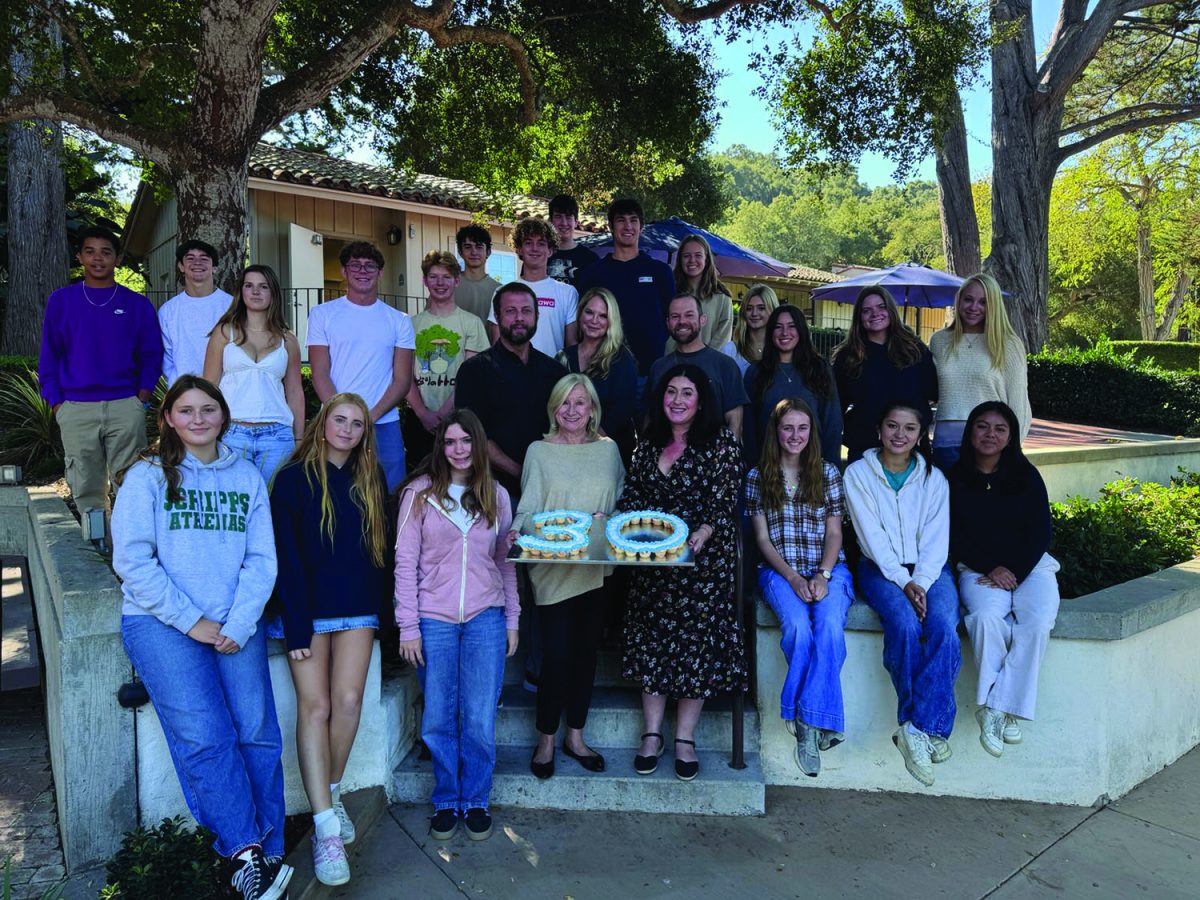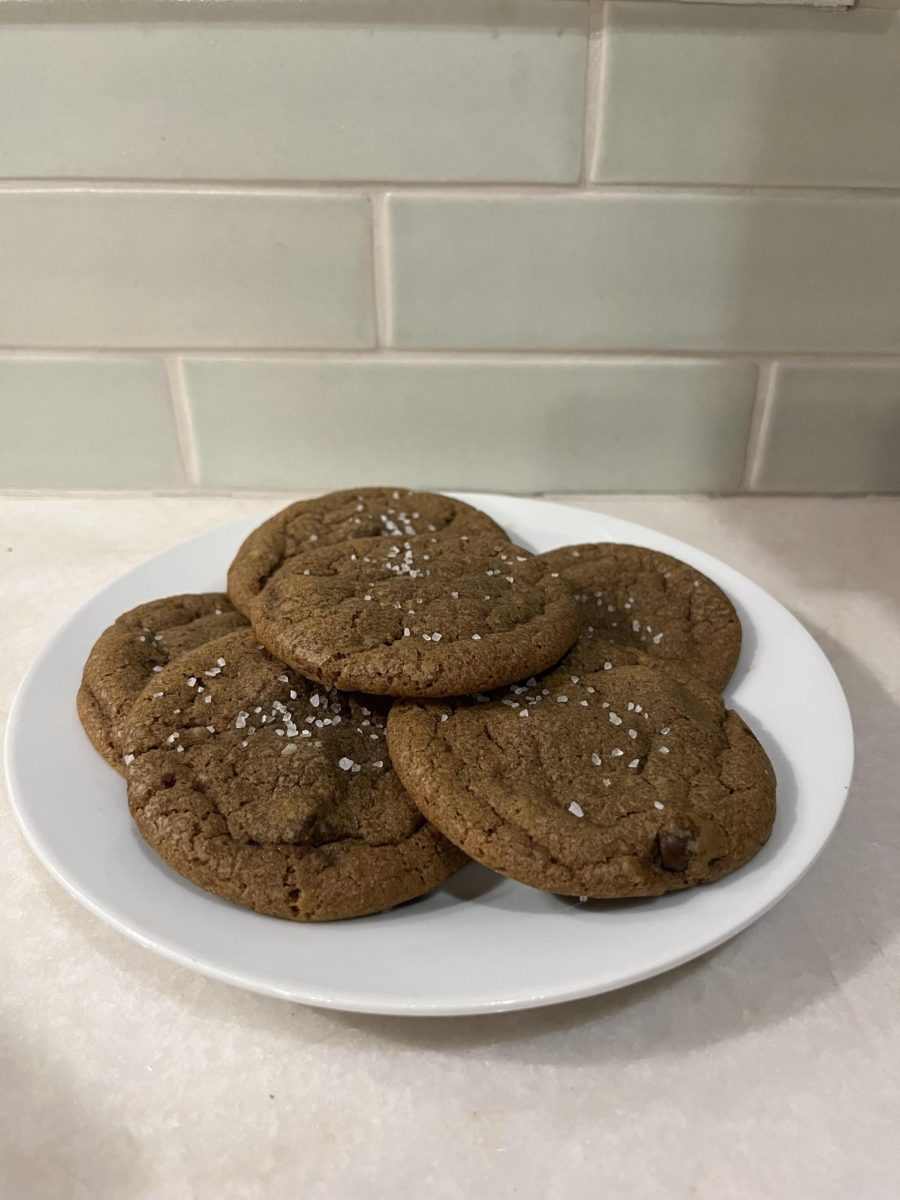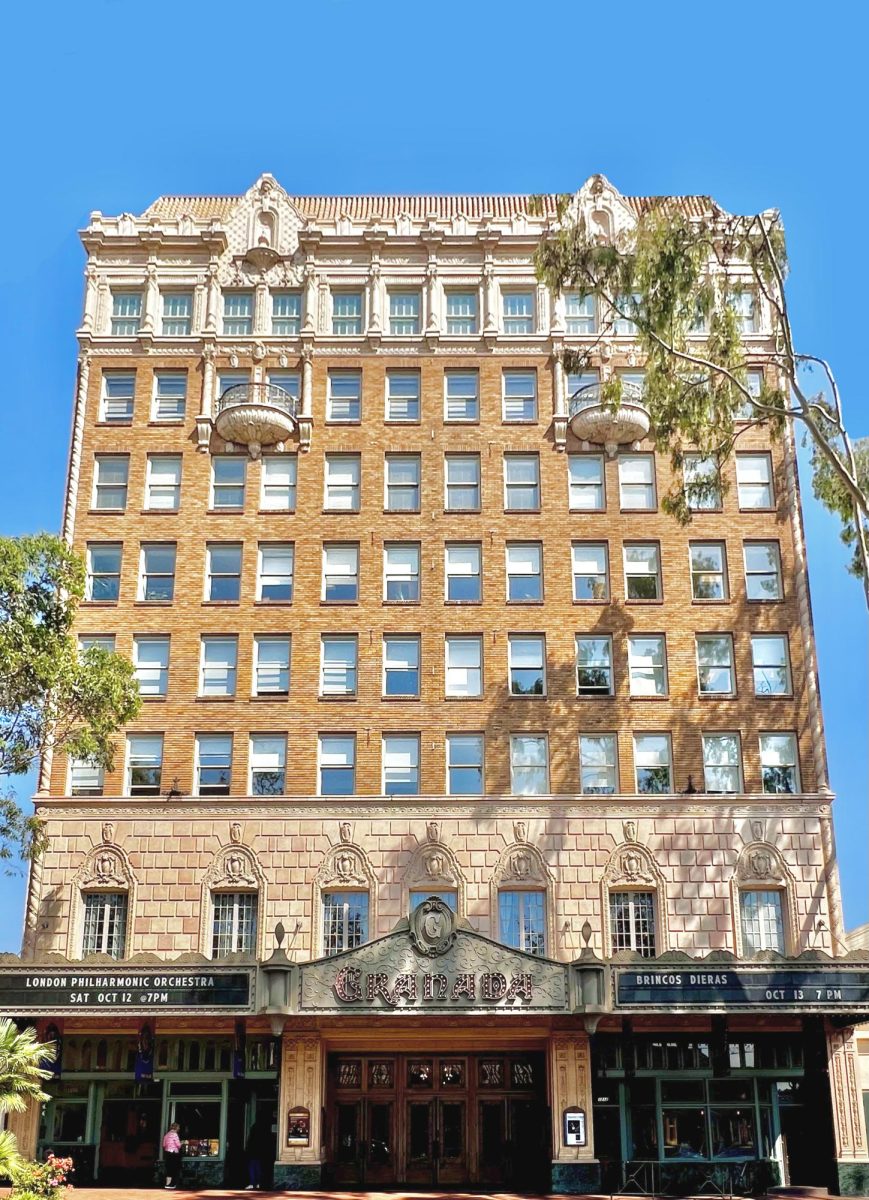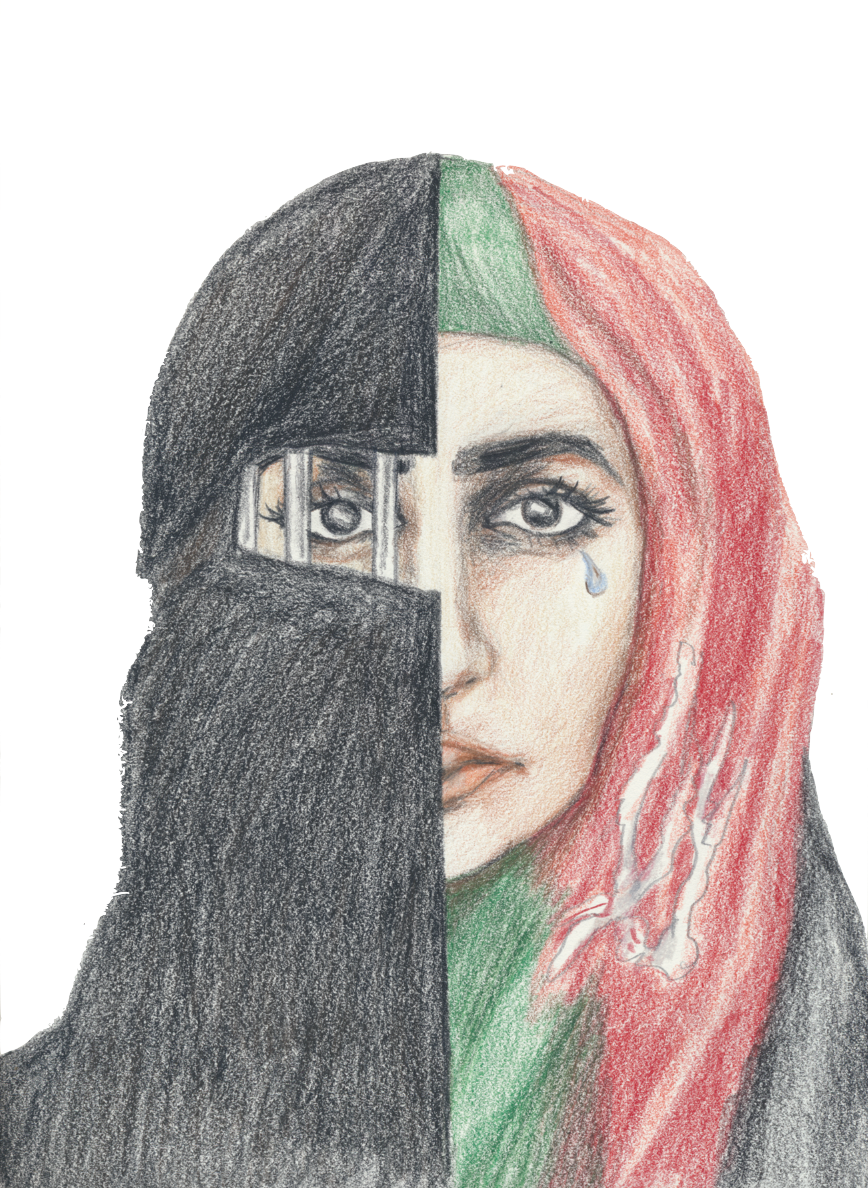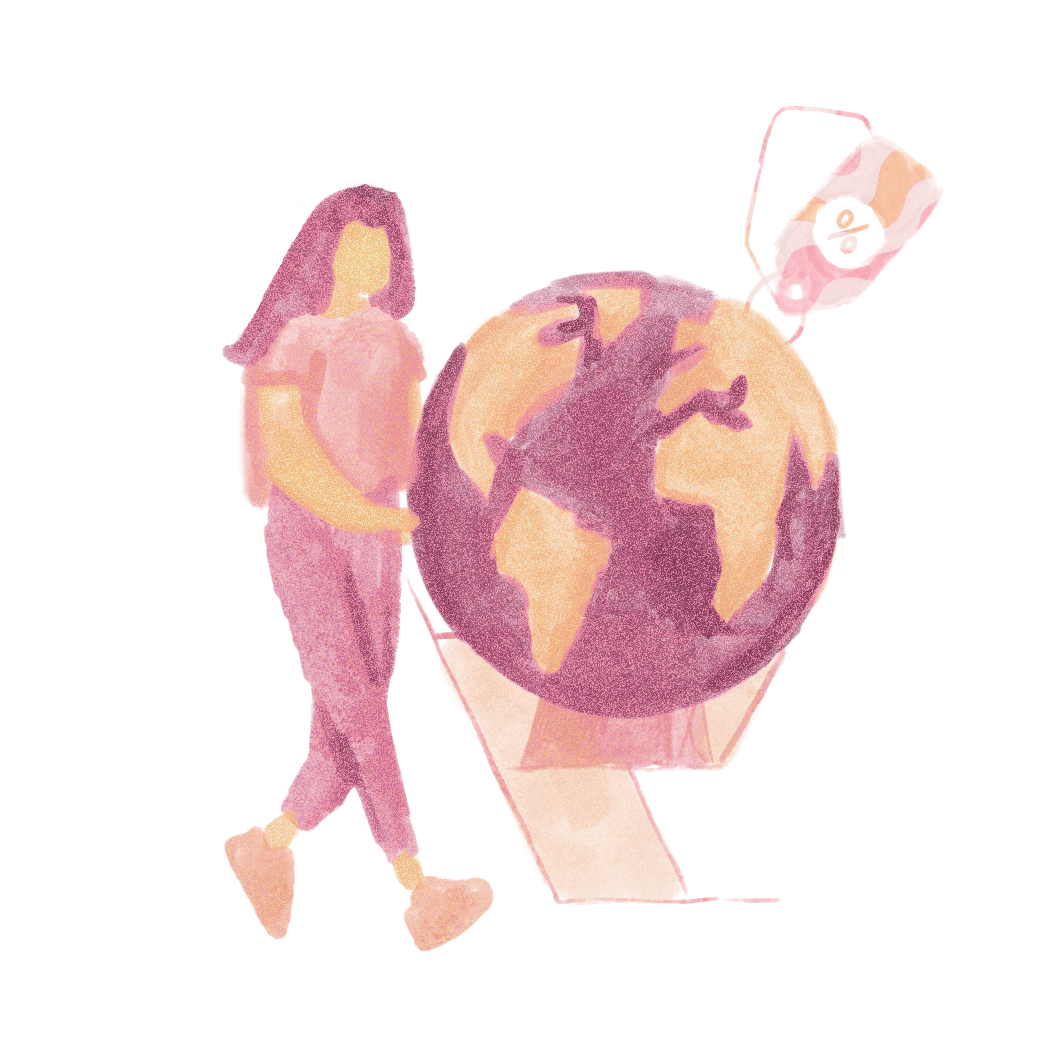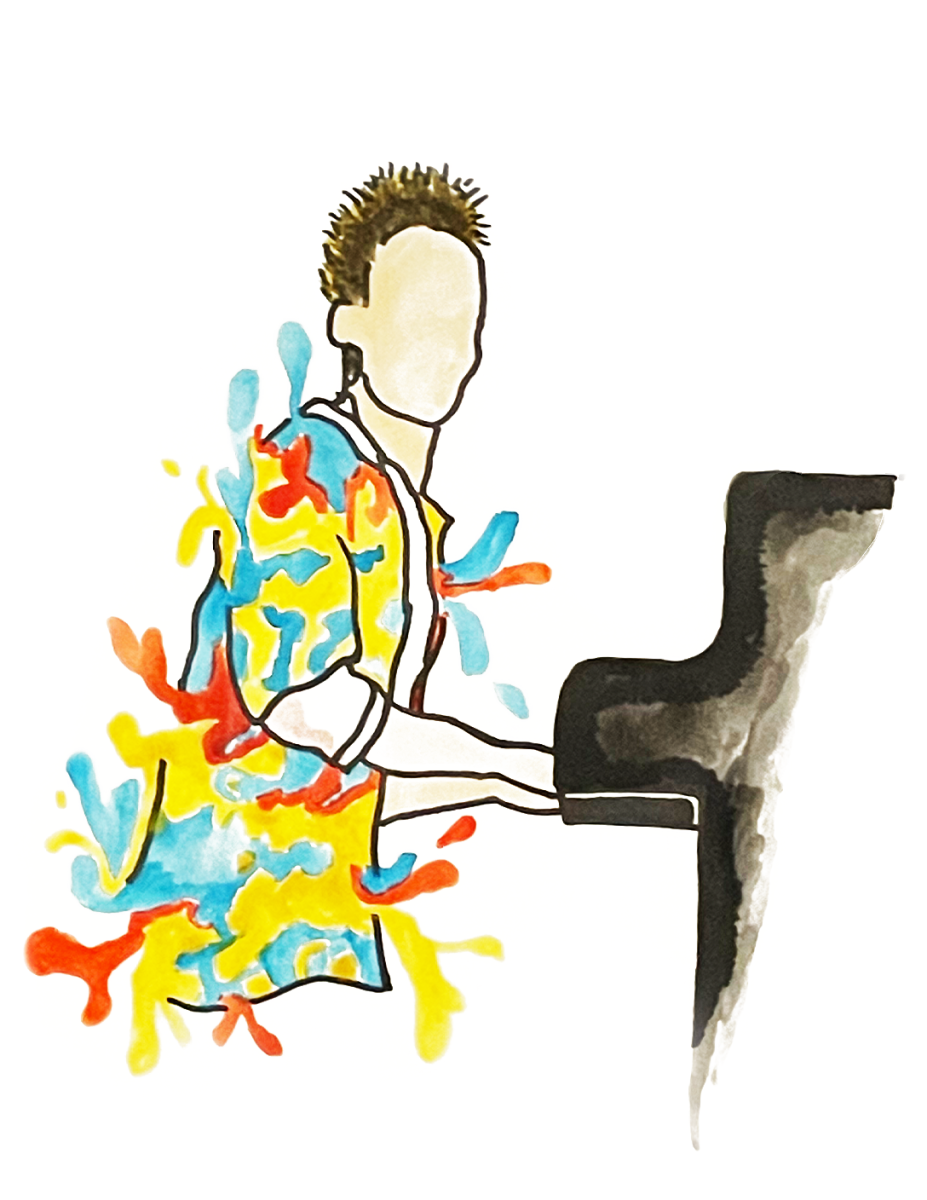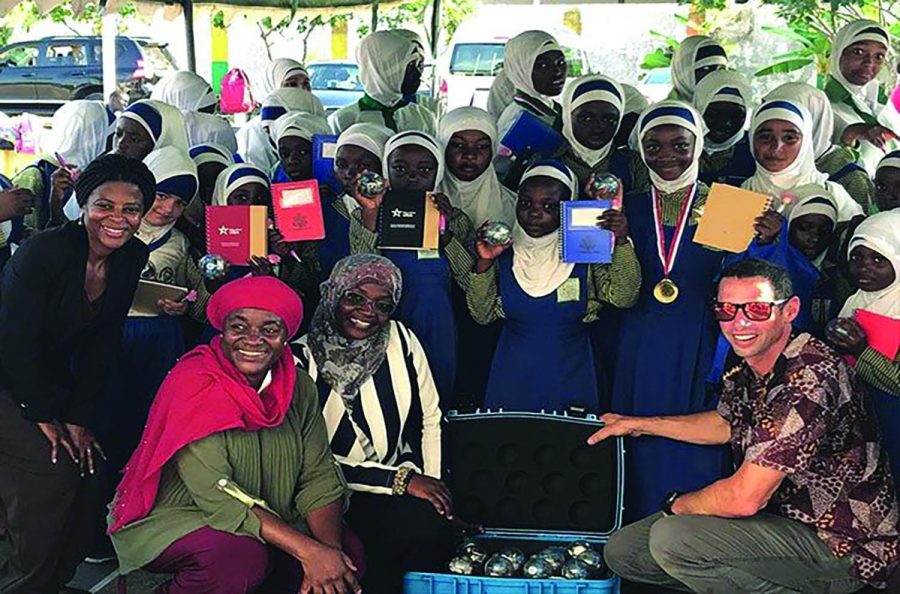STEM Instructor Zack Moore Returns from Africa
Laguna welcomed back Fulbright Scholar Zack Moore from his month-long stint in Ghana, where he helped to implement STEM education at Ghana-Lebanon Islamic School.
February 26, 2020
What was the most meaningful part of your recent teaching experience in Ghana?
Probably my time with the primary school students. We ran a team robotics competition that was so much fun. Many of the girls talked about wanting to continue with coding and robotics in their future studies. I hope that the foundation I laid will support these aspirations.
What lessons did you learn throughout this experience that will shape the way you teach at Laguna?
I was constantly reminded that everyone has a story and unless you take the time to hear it, you can’t understand where they are coming from. Trying to understand and support, instead of judge, is something that I aspire to.
How did your teaching experience at Laguna influence the way you approached the classroom in Ghana?
The Ghanaian education system is built around these high stakes examinations that serve at gate-keepers to access higher educations. It is very stressful. It’s kind of like APs, but with your actual future on the line. My goal while there was to think of ways to integrate meaningful project-based approaches to their STEM studies.
I decided to focus on the junior high level. At that age, they are not fully entrenched in the testing cycle and have the time and freedom in their studies to take a deeper dive into authentic learning. I brought over my passion for design-thinking and tried to build meaningful projects and events that would inspire and interest students in STEM.
What surprised you most about working at Ghana-Lebanon Islamic School? Did this experience change your perspective on the educational experience at Laguna?
I was surprised at how welcoming they were. Ghana is known for its hospitality, but this was other worldly. I couldn’t go anywhere in the school without someone greeting me, hugging me, and/or trying to carry my bag. No one cared about my religious beliefs or where I came from. They were just excited to get to know me and to work together.
Your time in Ghana represented a full-circle moment for you. How has the educational landscape changed in Ghana since your time in the Peace Corps in 1997?
Sadly, not much has changed. It is still a very traditional model of memorizing content and spitting it back out. There is not much in the way practical applications. The ministry of education has recognized this is a problem and has tried to make changes, but has rushed some of the modifications in recent years with not much to show for in the way of results.

